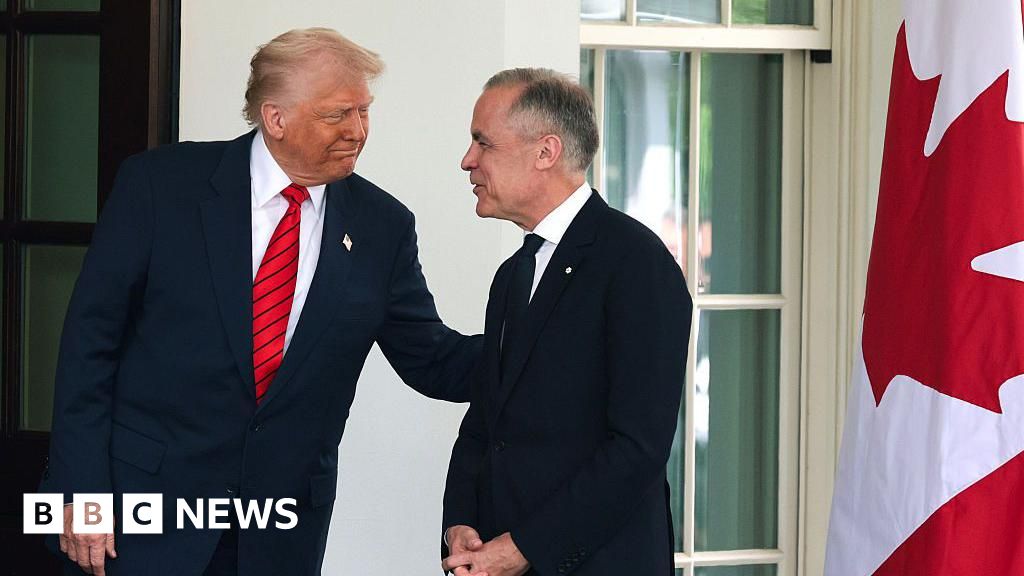Warning not to add ‘contentious’ items ignored
A month ago, ahead of the mid-year UN climate talks, the Brazilian COP30 Presidency warned governments against “introducing potentially contentious new agenda items that could further burden the process or detract from agreed priorities”.
But two such items – submitted by Bolivia on behalf of the Like-Minded Group of Developing Countries (LMDC) which includes China and Saudi Arabia – have proved highly contentious and prevented the negotiations in Bonn from beginning as planned today.
Two weeks ago, Bolivia proposed an agenda item on implementation of the part of the Paris Agreement (Article 9.1) which states that developed countries “shall provide financial resources to assist developing country Parties”.
A senior negotiator from one LMDC country told Climate Home today that the discussion on proper implementation of this article is definitely not on the current agenda in Bonn and should be included.
On the same day, Bolivia proposed another item on “promoting international cooperation and addressing the concerns with climate change-related trade-restrictive unilateral measures”.
This targets the EU’s tax on the carbon emissions of certain imported products and similar proposed measures from the UK and Canada, arguing that they have been introduced “under the guise of climate objectives” and “increase the cost of worldwide climate action”.
Similar attempts were made to get this issue onto the agendas of COP28 and COP29 but both attempts were unsuccessful due to opposition from the developed countries whose policies are criticised by the proposal.
With the two sides at loggerheads, the Bonn opening plenary – which was scheduled to start at 10am local time has yet to begin. “Whole day almost wasted,” said one developing country negotiator, adding “the developed parties don’t want to see our issues”.
Brazil seeks early deals on two stalled issues at Bonn climate talks
While waiting for the plenary to start, some representatives from civil society recalled that most developing countries left COP29 in Baku really disappointed with the new climate finance goal – the famous NCQG – agreed there. Today in Bonn, finance is – yet again – the reason for tense discussions between countries.
Ironically, the agenda row is actually holding up much-needed discussions on finance. Today, the COP30 Presidency was supposed to be listening to governments’ views on the Baku-Belém roadmap on how to expand developed countries’ COP29 promise of $300 billion a year in climate finance to the $1.3 trillion developing countries want by bringing in other sources. That meeting has been suspended until further notice.
At 6pm in Bonn, a delegate told Climate Home: “There is still no resolution on these two items of the agenda”. Shortly afterwards, in the corridors, we asked UN climate chief Simon Stiell if the official opening was likely to happen in Monday, to which he replied: “So much work still in progress.”
The room where the plenary will be held is available only until 10pm German time. So time is running out in more ways than one!
 The venue for the annual Bonn climate talks (Photo: 10 Billion Solutions)
The venue for the annual Bonn climate talks (Photo: 10 Billion Solutions)Climate-unfriendly US absent from Bonn
After starting the process of withdrawing the United States from the Paris Agreement in January, Donald Trump’s administration decided for the first time not to send a delegation to the preparatory meetings for COP30, which got off to a slow start today in Bonn.
“It’s no surprise that the US isn’t represented here,” Alden Meyer, senior associate at E3G, told Climate Home. “They have dismantled the office in the State Department that was responsible for coordinating US strategy in the negotiations. So it’s not even clear who they would have sent if they decided to send someone.”
The country will technically be out of the Paris Agreement as of January 27, 2026. “They are also still part of the [UN Climate] Convention. So, they could go to Belém and try to change the negotiations dynamics if they decide it’s in their interest to do so,” Meyer added.
The US-based We Are Still In coalition is, however, participating in the Bonn session, the veteran negotiations expert confirmed. This initiative of subnational states, cities and businesses has been trying to fulfill America’s climate commitments since the gap left by Trump’s first term.
Argentina’s one-woman team
As of last Friday, there was no official information or response to Climate Home’s questions regarding whether Argentina would participate in the meetings in Bonn.
Last November, Javier Milei’s government surprised everyone in Baku by deciding to withdraw the Argentine delegation from COP29.
Although Argentina has repeatedly stated it’s considering pulling out of the Paris Agreement, the South American country hasn’t yet decided to do so, possibly because a potential withdrawal would likely harm ties with its main trading partners – Brazil, China, and the European Union.
Comment: ‘Hectic’ in high heels? Women still face gender hurdles at UN climate talks
As we were able to verify, Milei’s government has sent just one delegate to Bonn: the current director of environmental affairs at the Ministry of Foreign Affairs, Eliana Saissac.
It’s notoriously difficult for countries with small delegations to engage in a packed talks agenda with several simultaneous meetings – so it’s unclear how Argentina plans to negotiate meaningfully with just one representative or where her efforts will be focused.









 English (US) ·
English (US) ·